
Read or listen offline
Amazon KindleRecommendation
Manufacturing and export of basic consumer goods like clothing, shoes and consumer electronics fueled China’s economic growth since the 1980s. As China’s growth slows down, it aims to level up manufacturing by moving toward high-tech industries such as electric cars, aerospace and advanced medical devices. This goal gave birth to Made in China 2025, China’s grand 10-year strategy to become a world powerhouse in high-tech manufacturing. Foreign nations and firms see the plan as an aggressive move to shift global power in China’s favor. Many believe China’s strategy to be unfair to foreign companies in China, and some believe China’s aspirations may pose a security threat to other nations. Within China, people are skeptical whether Made in China 2025 will be successful. In this article from the Taihe Industry Observer, senior editor Tai Fangwu reports on his interview with Taiwanese businessman Zhang Zhongshen about current economic issues pertaining to Made in China 2025. Zhang’s perspective is unique in that he is an outsider with a deep understanding of the country. His insights will benefit anyone who wants to look more closely at China’s economic and financial situation.
Summary
About the Author
Tai Fangwu is the senior editor for the Taihe Industry Observer, which offers industry reports and analysis of China’s high-tech manufacturing and military industry.








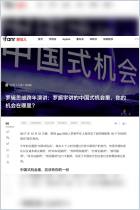
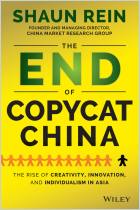
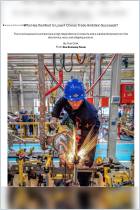
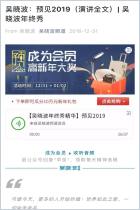
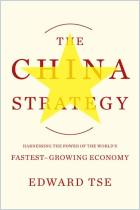
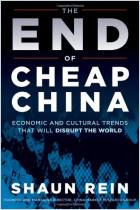



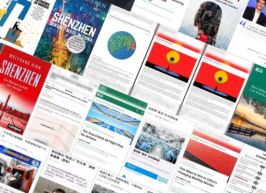



Comment on this summary